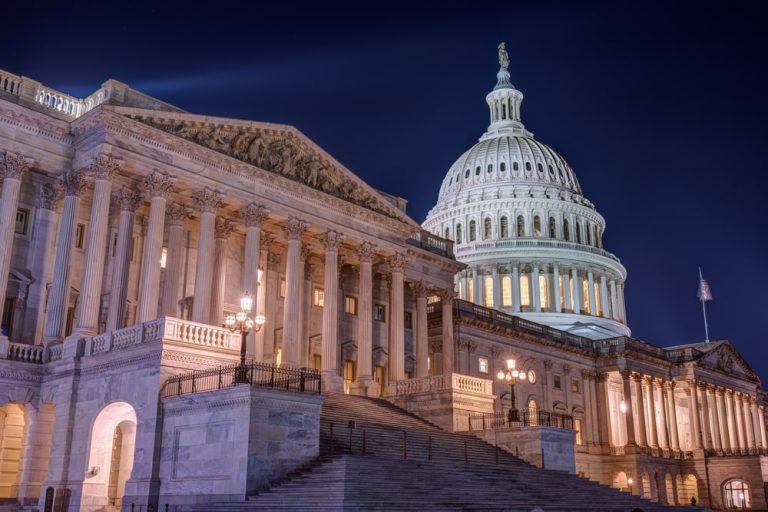The bottom line up front: The December 2021 passage of The Uyghur Forced Labor Prevention Act – which forbids all imports from Xinjiang, China into the U.S. unless importers can prove that the products were made without forced labor – puts a new onus on companies to provide detailed proof to the U.S. Government.
This law significantly increases the legal, operational, and reputational risks companies who import from Xinjiang face.
Key Background & Details
Driven by Washington’s largely bipartisan “Get Tough on China” approach, this escalation is in response to years of allegations that the Chinese government is engaged in genocide against the ethnic Uyghur population in Xinjiang.
Importantly, this law imposes a new presumption of guilt on importers of Xinjiang-sourced products and materials and makes it their responsibility to provide documentation to demonstrate that their supply chains are free from forced labor. The precise mechanism for providing this assurance is currently in development (see below).
Given the Chinese government’s hostility to the allegations of genocide in general, and to this legislation in particular, companies are already finding it difficult to navigate between these competing forces. A broad range of U.S. companies across multiple sectors continue to look for the right formulation to satisfy both parties, with varying degrees of success. At the same time, Chinese suppliers are understandably fearful of offending their government by working with their overseas customers to comply with the law’s requirements – making it even more difficult for importers to garner the full transparency this law requires.
What’s Next
With President Biden’s signature on December 22, 2021, a 180-day process began during which the strategy to implement the law will be developed.
The U.S. Government’s Forced Labor Enforcement Task Force (chaired by the Secretary of Homeland Security and includes representatives from the Department of State, the Department of the Treasury, the Department of Justice, the Department of Labor, and the Office of the United States Trade Representative) will work with the Director of National Intelligence and the Commerce Department to develop the specific plan for how U.S. Customs and Border Protection (CBP) will enforce the law. The strategy will be submitted to Congress and updated annually.
Opportunities & “To Do’s” for Public Companies
The law outlines a series of opportunities for public input for consideration as the enforcement plan is being developed. They include:
- A 45-day public comment period beginning 30 days after the President signed the bill into law.
- A public hearing held by the Task Force 45 days after the comment period closes.
Companies now have a window during which they can work to influence the ultimate shape of the law’s enforcement parameters, as well as prepare in advance for how they want to communicate about its impact on their business. Among the steps companies can take:
- Immediately engage with the full range of trade association(s) to which the company belongs to: 1) ensure that these associations are actively engaging with the Task Force and in this process; and 2) that the association’s priorities mirror the company’s own concerns. Given the negative publicity that large apparel and technology companies have already received in response to their reported opposition to this law, framing suggested inputs as sincere efforts to improve the law’s effectiveness will be the most persuasive.
- Prepare customized communications for use with the company’s stakeholders, especially investors, employees, and media – while at the same time being sensitive to use language that will not result in a product boycott in China. Conference calls following upcoming earnings announcements could be a forum for questions on this matter to surface.
- Work with the company’s internal legal/compliance team, as well as external counsel, to assess the organization’s current level of visibility into its supply chain in order to understand the extent of any vulnerabilities. As these risks emerge, implement plans to mitigation them and simultaneously be prepared to articulate that the organization is undertaking these efforts proactively.
- Provide this analysis as a briefing for the Board of Directors to notify them that the risks are being addressed.
- For companies with confidence that this issue will not have an impact on them, underscore that fact as part of the organization’s ongoing messaging and positioning.
ICR will continue to monitor these developments and share updates throughout the process. In the meantime, we’re available to provide additional insight on the law, its implications, and company-specific recommendations for stakeholder engagement. Get in touch.



